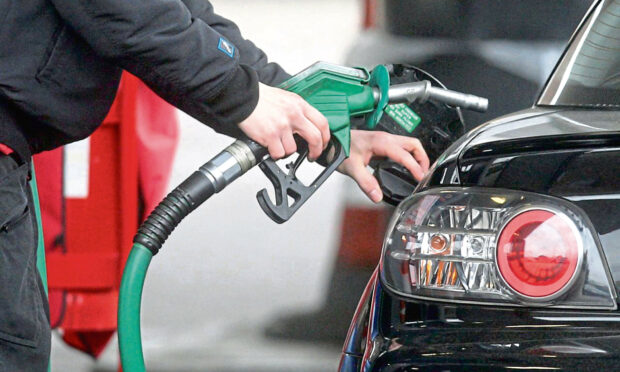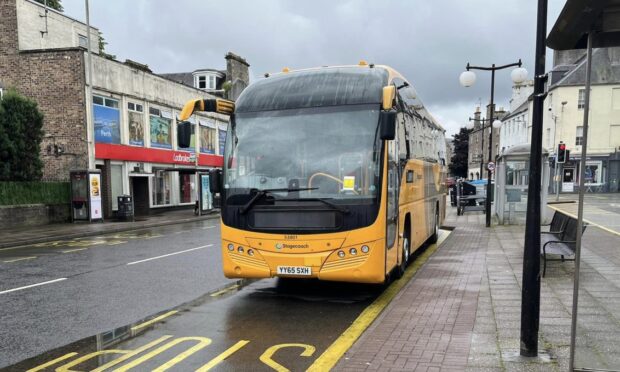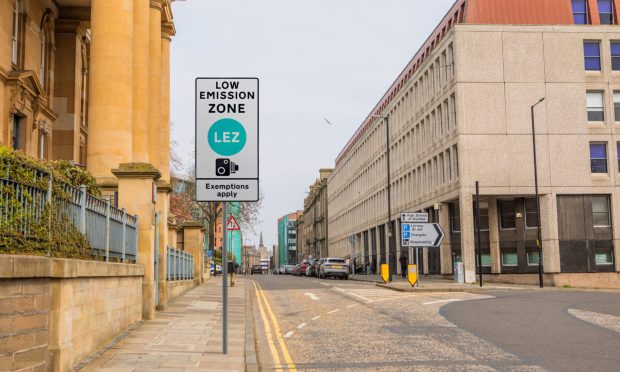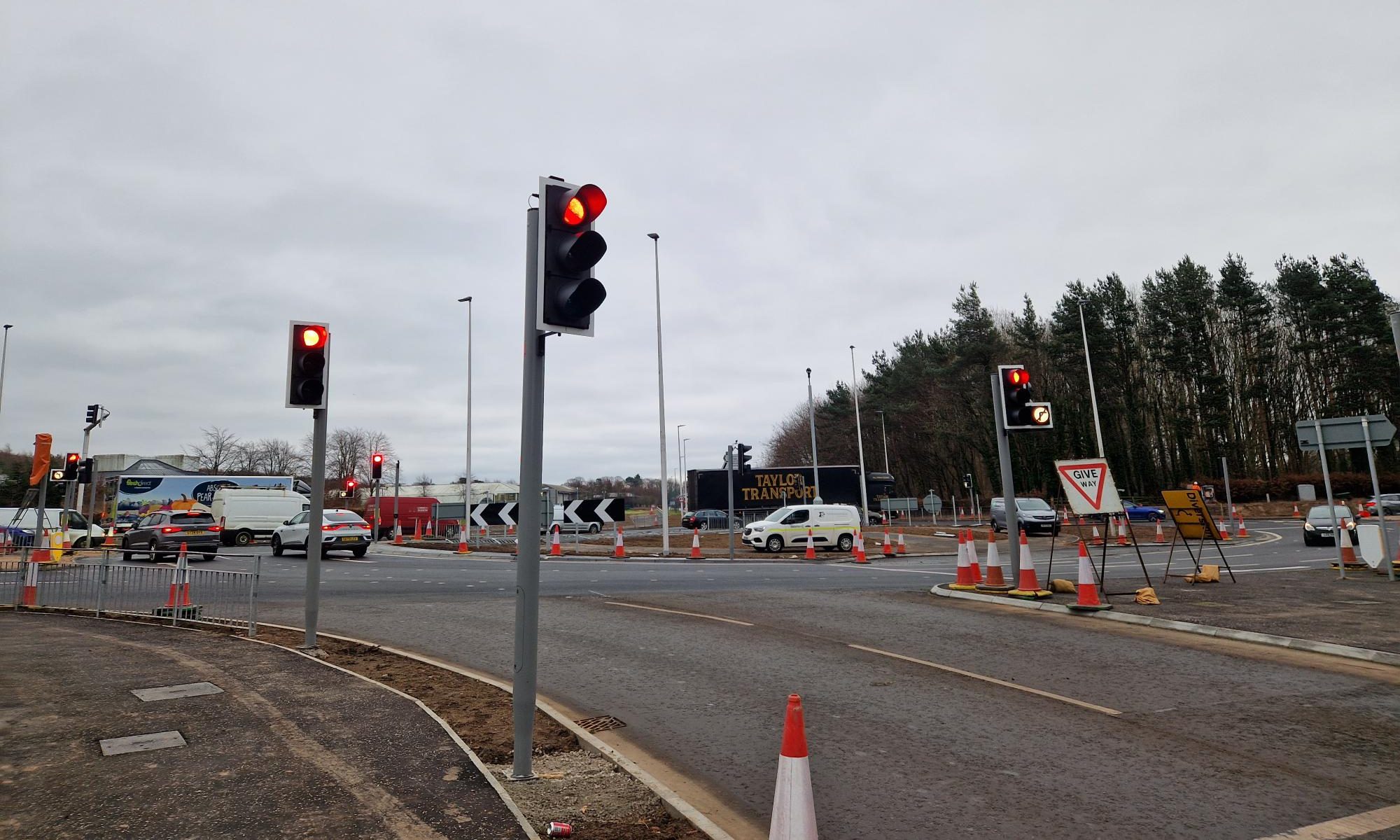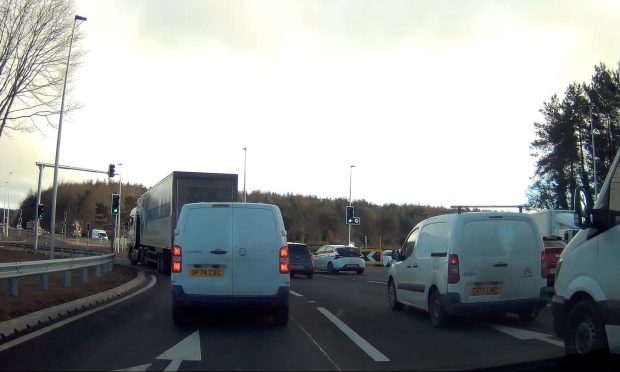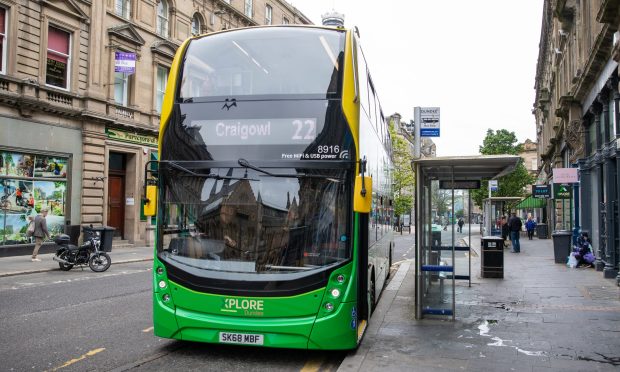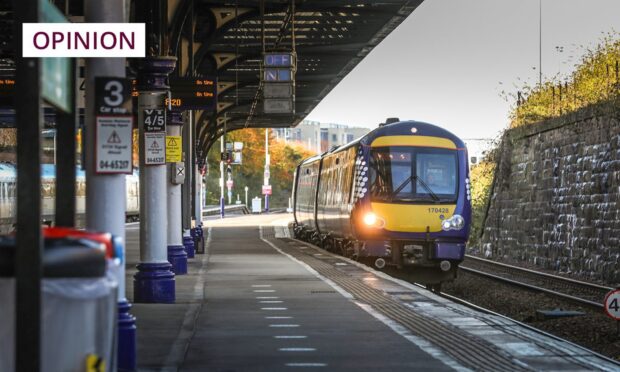The Scottish Greens have made no secret of their mission to shape the future of the country’s travel arrangements in their own image.
On their website, they advocate measures they think the government’s new Transport Bill, now under parliamentary scrutiny, could deliver to make our journeys greener.
These include a legally binding target to increase bus passengers, local authority ownership of bus services, renationalisation of Scottish railways, a tenfold rise in bicycle journeys, and the imposition of employers’ parking charges to coax staff out of their cars.
It goes without saying that the Greens don’t want to see money spent on new road infrastructure projects, which presumably includes dualling dangerous sections of trunk roads.
There are no surprises here, at least not in the anti-car eco thinking. What may startle anyone who hasn’t observed Green policy making, though, is the disregard for the common commuter.
But it gets worse. Last Tuesday, the Scottish Government unveiled proposals for new clean air standards that will see older petrol and diesel vehicles barred from parts of Glasgow, Edinburgh, Aberdeen and Dundee.
Low-emission zones will come into force within two years under the new transport legislation, with motorists policed by automatic number plate recognition cameras and fined under a national penalty scheme.
In a further blow to car owners, it emerged at the weekend that a national taskforce, aiming to boost cycling and walking, has recommended strategies to ban vehicles from city centres and introduce road user charges.
These recommendations are reportedly now under consideration by the government quango Transport Scotland. The SNP’s transport minister, Humza Yousaf, who set up the taskforce two years ago, has talked of new travel laws transforming our towns and cities “into cleaner, more accessible and more pleasant spaces to travel and enjoy”.
Making cities pleasant spaces would not be controversial if it did not come at the expense of much of the population, as these plans do.
The greening of SNP transport objectives is easy to understand politically, but difficult to defend morally.
Since the nationalists won a reduced majority in the 2016 Scottish elections, they have relied on the six Green list MSPs for support at Holyrood. As a payback, they have adopted an increasingly harsh approach to the country’s commuting classes.
There is nothing harmless in the Greens’ determination to push through what they describe as “behaviour change programmes… that are unpopular, but right”.
In a Green utopia, there would be no cars, no industry, no progress, but this is not reality, and the consequences for ordinary people are potentially devastating. In a city such as Edinburgh, people commute from places like Fife, where housing is more affordable. Cycling is not an option and many drive either because there are no nearby train stations or because their journeys would be too complicated or too long if they depended on public transport.
This mass section of the Scottish workforce would bear the brunt of both the Green-driven city car ban and the cruel workplace parking levy proposal.
And who do Green politicians think would be worst affected by the low-emission zone crackdown? Based on European emission standards, this is likely to be petrol cars registered before January 2006 and diesels registered before September 2014.
The IAM (Institute of Advanced Motorists) RoadSmart motoring group estimates that 738,000 diesel cars and 244,000 petrol cars would not meet the government criteria, which represents 40% of all cars in Scotland.
Philip Gomm, of the RAC Foundation, said the risk is that “thousands of Scottish drivers will be left with cars they can neither drive in towns and cities, nor sell. Hardest hit will be those on lowest incomes who are most likely to have old cars and least likely to be able to afford to replace them with something cleaner.”
Thousands of businesses will also struggle to replace their cars and vans, while shops and restaurants will suffer if their customers are denied road access.
Jack Cousens, head of roads policy for the AA, told a Sunday newspaper: “More than 75% of freight is transported by road, so businesses will be anxious to see how any formal proposals impact on them. If it leads to increased consumer costs, job losses or shops and businesses closing, it could create a much bigger economic problem.”
The Greens, who will never have to manage the national economy, will not lose sleep over such warnings, but the SNP should take note.
There are already many incentives for bus travel and cycle lanes in every city centre. But so long as busy working people put convenience first, the car will remain king. The nationalists may need the Greens now, but they should not forget that motorists are voters, too.
